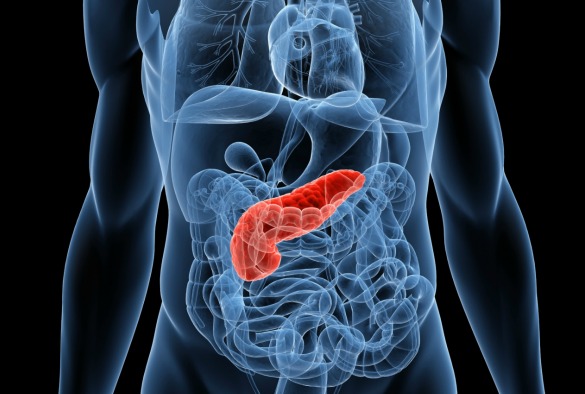
Pancreas
A new Liverpool study, published in Gastroenterology, identifies the signs of COVID-19 related pancreatitis which will enable earlier diagnosis and allow for swifter referral and management.
As the global pandemic of severe acute respiratory syndrome coronavirus 2(SARS-CoV2) persists, details of how the disease affects humans continue to emerge.
Acute pancreatitis is a condition where the pancreas becomes inflamed (swollen) over a short period of time. It has been well described that COVID-19 can present with gastrointestinal symptoms. How COVID-19 affected the presentation and progress of acute pancreatitis was unknown.
The Liverpool pancreatic unit, based at the Royal Liverpool University Hospital, is the largest pancreas centre in the UK and is specialised in the treatment of patients with pancreas cancer, acute pancreatitis, chronic pancreatitis, pancreatic cystic lesions and complex biliary disease. The unit receives in the region of 2000 referrals a year, of which around 300 are patients with acute pancreatitis.
Since the beginning of the pandemic a specific and unusual cluster of symptoms were seen in a small group of patients assessed for acute pancreatitis who had COVID-19.
The affected group was young overweight/obese males with the accompanying symptoms that were uncharacteristic of typical acute pancreatitis including inflammation and evidence of high sugar and fat in the blood stream.
Christopher Halloran, Professor of Pancreatic Surgery, said: “Our study highlights for the first-time signs of acute pancreatitis that have not been recognised prior to this pandemic.
“Knowledge of these signs will alert clinicians to an earlier diagnosis and allow swifter referral and management.”
The full study, ‘Emerging phenotype of SARS-CoV2 associated pancreatitis’, can be found here.